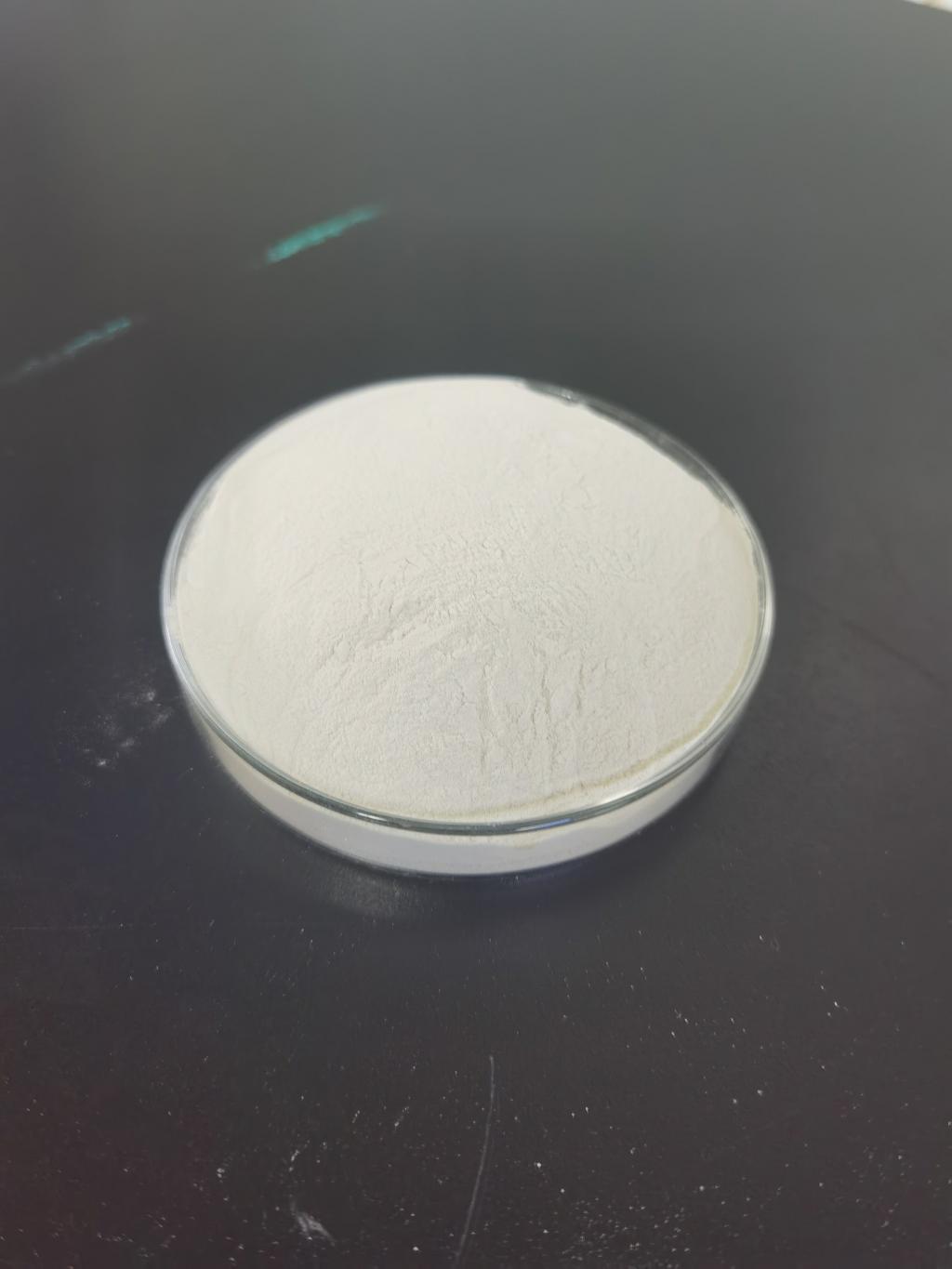Tel:+8618231198596

News
 CONTACT
CONTACT
 CONTACT
CONTACT
- Linkman:Linda Yao
- Tel: +8618231198596
- Email:linda.yao@dcpharma.cn
- Linkman:CHARLES.WANG
- Department:Overseas
- Tel: 0086 0311-85537378 0086 0311-85539701
News
Nisin's Synergy with Enzymes for Enhanced Food Preservation.
TIME:2023-10-13
I. The Significance of Food Preservation
A. Importance of Food Preservation
Food preservation is essential for several reasons, including:
Safety: Preserving food prevents the growth of harmful microorganisms that can cause foodborne illnesses.
Shelf Life Extension: Preservation techniques extend the period during which food products can be safely consumed or used.
Quality Retention: Preservation methods help maintain the flavor, texture, and nutritional value of food products.
Economic Impact: Effective preservation can reduce food waste and increase the profitability of the food industry.
B. Common Food Preservation Methods
Traditional food preservation methods include canning, freezing, drying, and salting. More recently, innovations in the field have led to the development of new technologies, including high-pressure processing, modified atmosphere packaging, and the use of natural antimicrobial agents.
II. Nisin: A Natural Antimicrobial Agent
A. Understanding Nisin
Nisin is a naturally occurring antimicrobial peptide produced by some strains of lactic acid bacteria, primarily Lactococcus lactis. It has gained recognition as a safe and effective preservative in the food industry and is approved for use in many countries.
B. Mode of Action
Nisin inhibits the growth of various Gram-positive bacteria, including some foodborne pathogens. It acts by disrupting the integrity of bacterial cell membranes, leading to cell death. This antimicrobial action is effective in controlling spoilage organisms and pathogens commonly found in food products.
III. The Role of Enzymes in Food Preservation
A. Enzymes in Food Processing
Enzymes are biological molecules that catalyze specific chemical reactions. In the food industry, enzymes have various applications, such as improving flavor, texture, and nutritional value. They can also be used to enhance the shelf life and quality of food products.
B. Enzymes as Preservation Tools
Enzymes are increasingly recognized for their role in food preservation. They can help extend the shelf life of products by reducing spoilage and deterioration processes. For instance, enzymes like proteases can break down proteins that promote microbial growth, while lipases can prevent rancidity by breaking down fats.
IV. Synergy Between Nisin and Enzymes
A. Combined Action
The synergy between nisin and enzymes in food preservation is based on their complementary actions. Nisin inhibits the growth of bacteria, while enzymes help break down substrates that bacteria would otherwise use for growth. This dual action results in enhanced preservation.
B. Reducing Microbial Load
Enzymes, such as proteases and lipases, can break down proteins and lipids that serve as substrates for bacteria. By reducing these available nutrients, the growth of spoilage and pathogenic microorganisms is slowed or inhibited.
C. Extending Shelf Life
The combined use of nisin and enzymes can extend the shelf life of a wide range of food products, from dairy and meat to bakery items and ready-to-eat meals. This extension is attributed to the reduction in spoilage and pathogenic microorganisms, as well as the preservation of product quality.
V. Applications in Specific Food Industries
A. Dairy Industry
In the dairy industry, nisin and enzymes are often used together to preserve cheese and yogurt. Enzymes help break down unwanted proteins or fats, while nisin inhibits the growth of spoilage and pathogenic bacteria. This results in longer shelf life and improved product quality.
B. Meat Processing
Meat products are susceptible to spoilage and pathogenic microorganisms. Enzymes, in combination with nisin, can reduce microbial contamination and extend the shelf life of meat products, including sausages and processed meats.
C. Bakery Products
In bakery products, the use of enzymes and nisin can help control mold growth and extend the freshness of bread and pastry items. Lipases can break down fats that promote rancidity, while nisin inhibits bacterial growth.
D. Ready-to-Eat Meals
Ready-to-eat meals are popular but often face challenges in maintaining both taste and safety. The combination of nisin and enzymes can improve the shelf life of these products by inhibiting microbial growth and maintaining quality.
VI. Advantages and Challenges
A. Advantages of Nisin and Enzyme Combination
Extended Shelf Life: The dual action of nisin and enzymes significantly extends the shelf life of food products.
Improved Quality: By preserving the quality of food products, the combination enhances the consumer experience.
Reduced Food Waste: Longer shelf life and reduced spoilage contribute to lower food waste.
Natural and Safe: Nisin and enzymes are natural and generally recognized as safe (GRAS) for food applications.
B. Challenges
Regulatory Compliance: Adhering to regulatory guidelines for the use of nisin and enzymes can be complex, and compliance is essential.
Cost Considerations: Implementing these preservation methods may involve additional costs, such as enzyme production and testing.
VII. Future Prospects
The synergy between nisin and enzymes for food preservation is a promising area of research and innovation. As consumer demand for natural and clean-label food products continues to grow, the use of these natural preservation methods is likely to become more widespread. Ongoing research aims to develop new enzyme-nisin combinations tailored to specific food products and challenges.
VIII. Conclusion
Nisin's synergy with enzymes in food preservation offers a powerful and natural approach to extending the shelf life, improving product quality, and reducing food waste. This innovative method has found applications in various sectors of the food industry, contributing to safer and more sustainable food products. As research in this field continues to evolve, the combined use of nisin and enzymes is likely to play an increasingly significant role in the future of food preservation.
- Tel:+8618231198596
- Whatsapp:18231198596
- Chat With Skype







